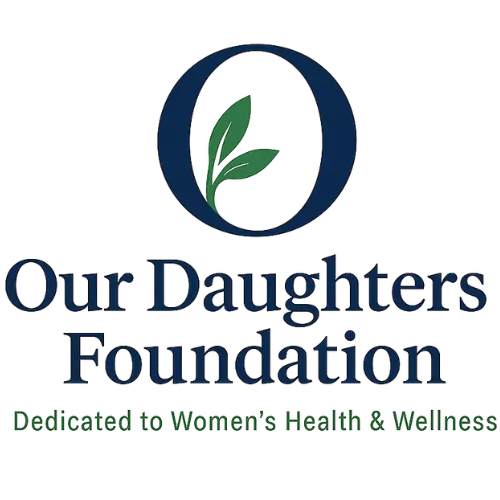GUT FEELINGS: The Hidden Link Between Gut Health and Hormonal Imbalance
By Our Daughters Foundation
GUT FEELINGS: The Hidden Link Between Gut Health and Hormonal Imbalance
By Our Daughters Foundation
1. The Gut Microbiome: Your Internal Ecosystem
Your gut isn’t just a tube for digesting food. It’s home to trillions of bacteria that:
• Help break down food
• Make key nutrients (like B vitamins)
• Train your immune system
• And — importantly — regulate estrogen levels
This bacterial community is called the gut microbiome, and when it’s healthy and diverse, it supports balanced hormones. But when the microbiome is out of balance — a condition called dysbiosis — problems can arise.
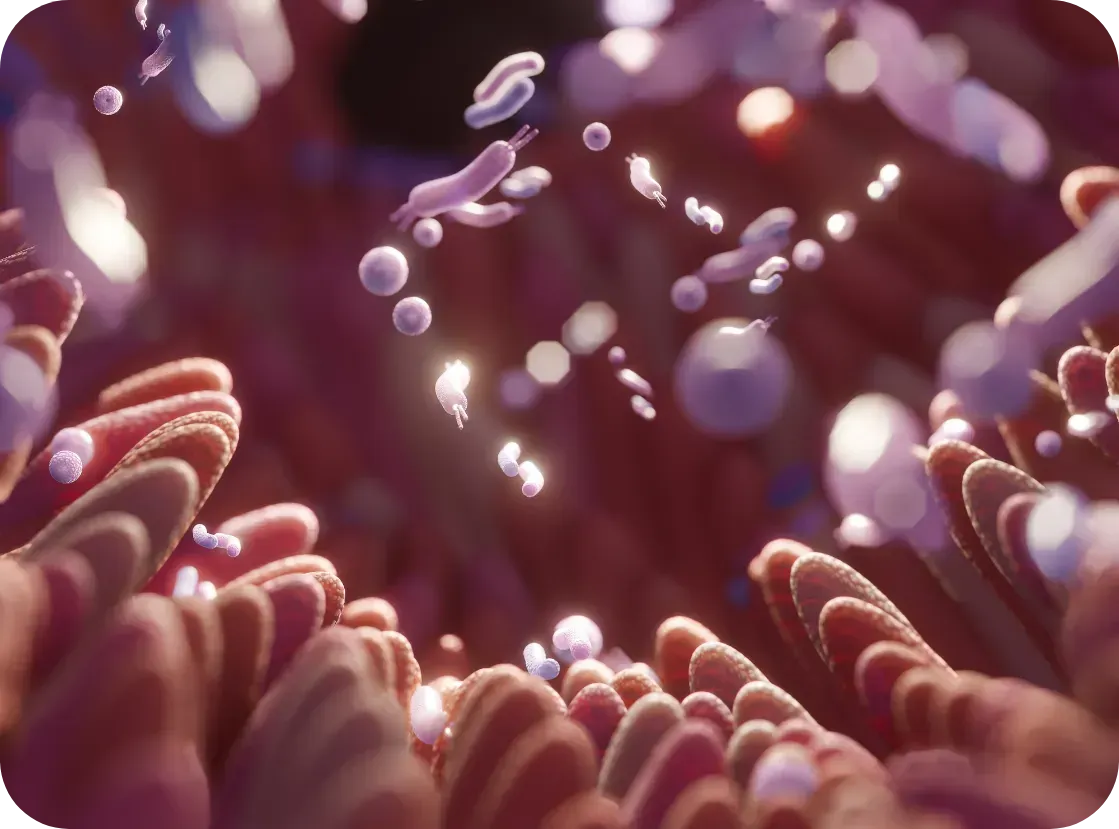
2. Estrobolome: The Gut’s Hormone Filte
Inside the gut, a specific group of bacteria known as the estrobolome helps process estrogen. These bacteria produce enzymes (like beta-glucuronidase) that influence how much estrogen is reabsorbed into the bloodstream versus excreted.
When the estrobolome is overactive or underactive, it can lead to:
• Excess circulating estrogen → linked to endometriosis, fibroids, PMS, and breast tendernes
• Too little estrogen → contributing to mood changes, bone loss, and vaginal dryness
So a disrupted gut can directly amplify hormonal imbalances.
3. Inflammation: The Common Denominator
Both gut dysbiosis and endometriosis are associated with chronic inflammation. When the gut barrier is weakened (a condition sometimes called “leaky gut”), it allows inflammatory molecules to pass into the bloodstream. This triggers an immune response — and in people with endometriosis or PCOS, it can worsen pelvic pain, fatigue, and hormonal chaos.
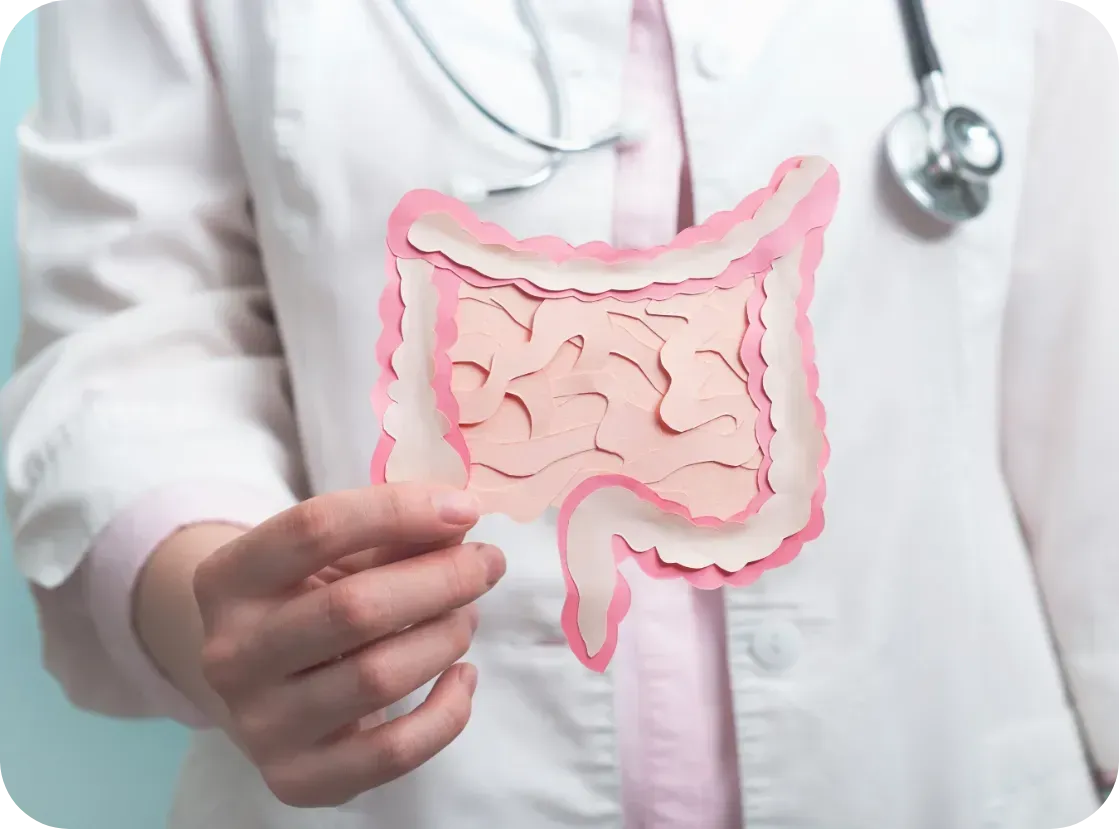
4. What the Research Says
While this field is still developing, early studies have found:
• Women with endometriosis often have altered gut microbiomes compared to those without the condition. [Study: Ata et al., 2019, Scientific Reports]
• A high-fiber, plant-rich diet may help support a more balanced gut flora and improve estrogen metabolism. [Study: Fuhrman et al., 2004, Journal of Nutrition]
• Some researchers are exploring probiotic therapy as a future tool for managing hormone-related conditions.
5. What Can You Do?
You can’t fully control your hormones — but you can support your gut.
Here are some gut-friendly, hormone-supporting habits:
• Eat more fiber: vegetables, fruits, legumes, and seeds
• Avoid excessive sugar and processed foods
• Include fermented foods: yogurt, kefir, sauerkraut, kimchi
• Consider a probiotic — talk to your provider first
• Manage stress — cortisol (the stress hormone) also affects gut balance
• Support liver detoxification (which works with your gut to clear estrogen): eat cruciferous vegetables like broccoli and cauliflower
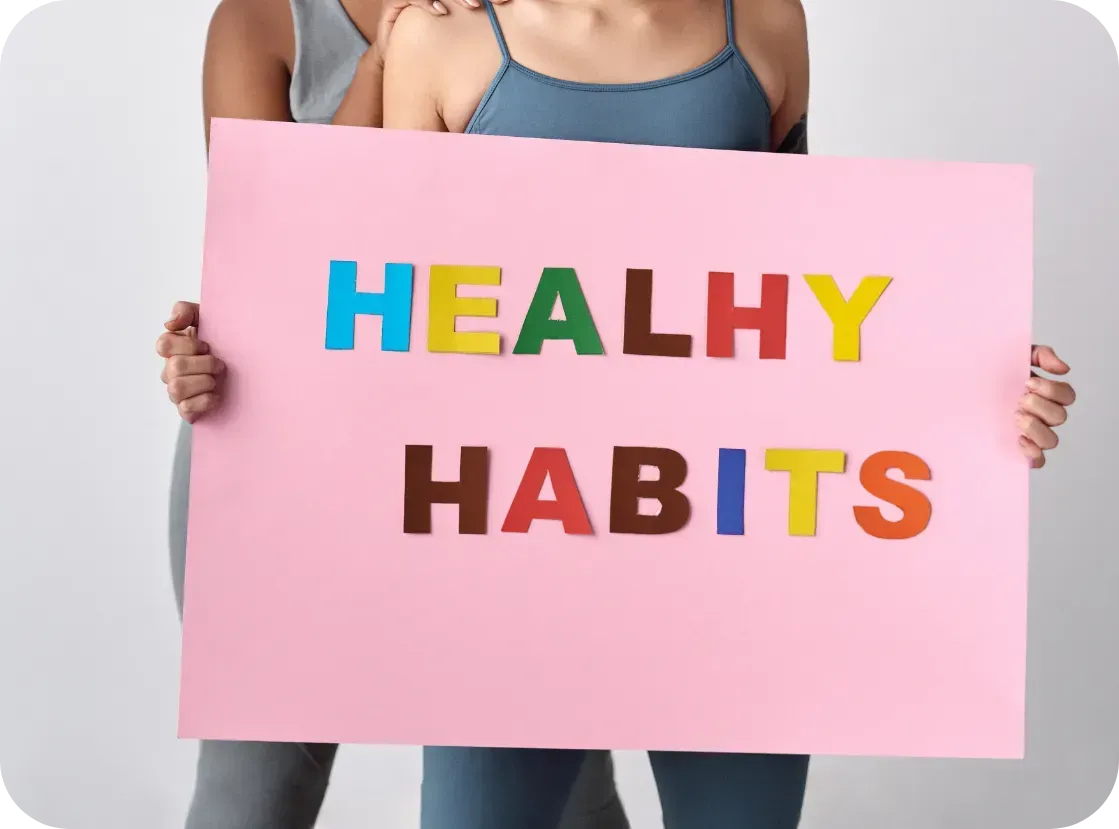
Final Thoughts
The gut isn’t just about digestion — it’s a key player in how your body handles hormones, pain, and inflammation.
If you’re struggling with endometriosis, PCOS, or unexplained hormone symptoms, supporting your gut might be an empowering place to start.
Want to Learn More?
Here are some helpful articles and research:
• The Gut Microbiome and Estrogen Metabolism – NIH
https://www.ncbi.nlm.nih.gov/pmc/articles/PMC6471213/
• Gut Microbiota and Endometriosis – Scientific Reports
https://www.nature.com/articles/s41598-019-39645-2
• How the Gut Influences Hormones – Integrative Medicine Journal
1. The Gut Microbiome: Your Internal Ecosystem
Your gut isn’t just a tube for digesting food. It’s home to trillions of bacteria that:
• Help break down food
• Make key nutrients (like B vitamins)
• Train your immune system
• And — importantly — regulate estrogen levels
This bacterial community is called the gut microbiome, and when it’s healthy and diverse, it supports balanced hormones. But when the microbiome is out of balance — a condition called dysbiosis — problems can arise.

2. Estrobolome: The Gut’s Hormone Filte
Inside the gut, a specific group of bacteria known as the estrobolome helps process estrogen. These bacteria produce enzymes (like beta-glucuronidase) that influence how much estrogen is reabsorbed into the bloodstream versus excreted.
When the estrobolome is overactive or underactive, it can lead to:
• Excess circulating estrogen → linked to endometriosis, fibroids, PMS, and breast tendernes
• Too little estrogen → contributing to mood changes, bone loss, and vaginal dryness
So a disrupted gut can directly amplify hormonal imbalances.
3. Inflammation: The Common Denominator
Both gut dysbiosis and endometriosis are associated with chronic inflammation. When the gut barrier is weakened (a condition sometimes called “leaky gut”), it allows inflammatory molecules to pass into the bloodstream. This triggers an immune response — and in people with endometriosis or PCOS, it can worsen pelvic pain, fatigue, and hormonal chaos.

4. What the Research Says
While this field is still developing, early studies have found:
• Women with endometriosis often have altered gut microbiomes compared to those without the condition. [Study: Ata et al., 2019, Scientific Reports]
• A high-fiber, plant-rich diet may help support a more balanced gut flora and improve estrogen metabolism. [Study: Fuhrman et al., 2004, Journal of Nutrition]
• Some researchers are exploring probiotic therapy as a future tool for managing hormone-related conditions.
5. What Can You Do?
You can’t fully control your hormones — but you can support your gut.
Here are some gut-friendly, hormone-supporting habits:
• Eat more fiber: vegetables, fruits, legumes, and seeds
• Avoid excessive sugar and processed foods
• Include fermented foods: yogurt, kefir, sauerkraut, kimchi
• Consider a probiotic — talk to your provider first
• Manage stress — cortisol (the stress hormone) also affects gut balance
• Support liver detoxification (which works with your gut to clear estrogen): eat cruciferous vegetables like broccoli and cauliflower

Final Thoughts
The gut isn’t just about digestion — it’s a key player in how your body handles hormones, pain, and inflammation.
If you’re struggling with endometriosis, PCOS, or unexplained hormone symptoms, supporting your gut might be an empowering place to start.
Want to Learn More?
Here are some helpful articles and research:
• The Gut Microbiome and Estrogen Metabolism – NIH
https://www.ncbi.nlm.nih.gov/pmc/articles/PMC6471213/
• Gut Microbiota and Endometriosis – Scientific Reports
https://www.nature.com/articles/s41598-019-39645-2
• How the Gut Influences Hormones – Integrative Medicine Journal
Join Us: Make a Difference Today
Your support can transform lives. Every donation helps us fund research, advocate for better care, and provide essential grants to women facing debilitating conditions.
Join Us: Make a Difference Today
Your support can transform lives. Every donation helps us fund research, advocate for better care, and provide essential grants to women facing debilitating conditions.
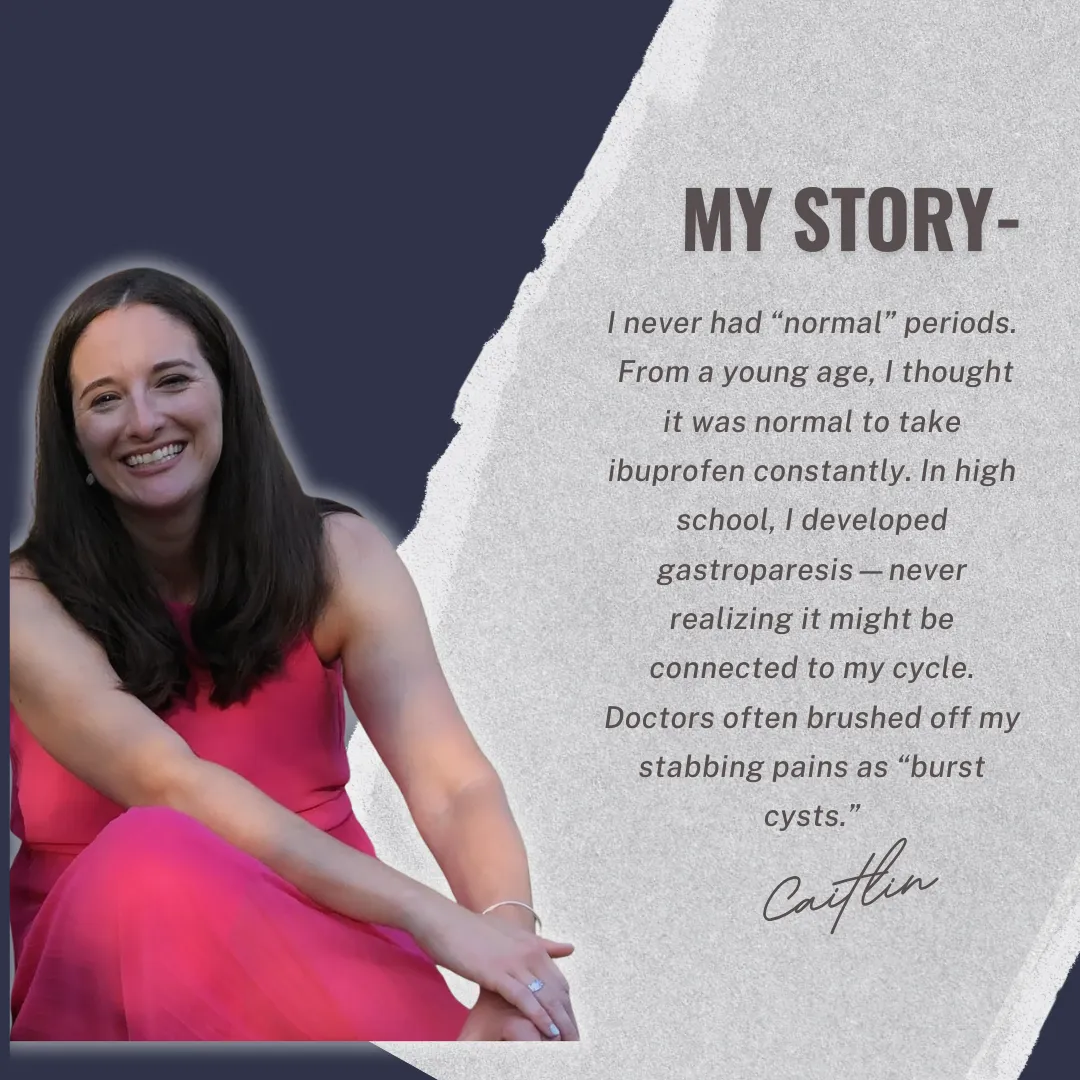
My Story: Caitlin

I’ve never had “normal” periods. Growing up, I thought it was normal to take ibuprofen around the clock. It wasn’t something we talked about much, so I didn’t know any different.
In high school, I developed gastroparesis, never imagining it could be connected to my periods—especially since my symptoms didn’t look like most patients’. Over the years, I also experienced stabbing pains that were often brushed off as burst cysts.
In my 20s and 30s, I struggled with getting and staying pregnant. Thankfully, I was able to safely deliver two healthy babies, and during that time I had no gastroparesis symptoms at all. But after pregnancy, my periods worsened, and my gastroparesis came roaring back. I sought help from a midwife/nutritionist, multiple OBGYNs, and several dietitians. Despite eating healthy, exercising, and having perfect bloodwork, I kept gaining weight and bloating without explanation. My belly never seemed to match the rest of my body, and for half the month I was completely drained of energy.
In February 2020, I had my first exploratory surgery. The surgeon told me, “There was some growth, but I’d bet money it’s not endo.” The pathology came back positive for endometriosis. I was put into medicinal menopause right as the pandemic shut everything down, and so began a five-year journey: two more excision surgeries, nerve block injections, countless physical therapy sessions. Yet my symptoms kept flaring. I often felt like I was losing my mind—my body was showing clear symptoms, but little could be done to help.
I’m fortunate to have excellent health insurance, because otherwise I could have bought a small second house with what’s been spent on my care. For three years, I was in physical therapy for hip pain and limited mobility—pain my doctor could see during exams, but that never showed up on scans. During my second excision surgery, they found an endo mass, and the pain disappeared afterward (though mobility issues remained).
Working in front of hundreds of people, I constantly worried whether my clothes would still fit by the end of the day due to bloating. I could also tell when I was nearing the need for another excision surgery because I’d break out with painful cystic acne.
Finally, in June 2025, I sought out a new surgeon who specialized in endometriosis. For the first time—other than with my physical therapist—I felt truly heard. She explained the disease in a way that finally made sense. I chose to have a hysterectomy. During surgery, they found one ovary fused to my bladder and endometriosis in multiple places, despite my last excision only eight months earlier. The most shocking part? I had less pain the day after surgery than I did before. Even more surprising, I haven’t had any gastroparesis symptoms since. My surgeon said there’s no research showing a link, but she wasn’t surprised. Sadly, I wasn’t surprised either that research hasn’t been done on these links.
Now, about six weeks post-op, my body is healing, but the emotional scars remain. It’s one thing to choose not to have more children—it’s another to have that choice permanently taken away. I still battle anxiety around food, since my body spent years tying certain meals to painful symptoms. I also fear for my daughter. Anytime she has GI issues, I worry she might inherit this disease.
I’ve been blessed with supportive family and friends, a great workplace, and the financial means to access care. Even with all of that, it still took me 15–20 years from my first symptoms to get a diagnosis.
I share my story in the hope that organizations like Our Daughters Foundation can help change this. By speaking openly about what’s often considered a taboo subject, I want to spare someone else the years of pain I endured.
